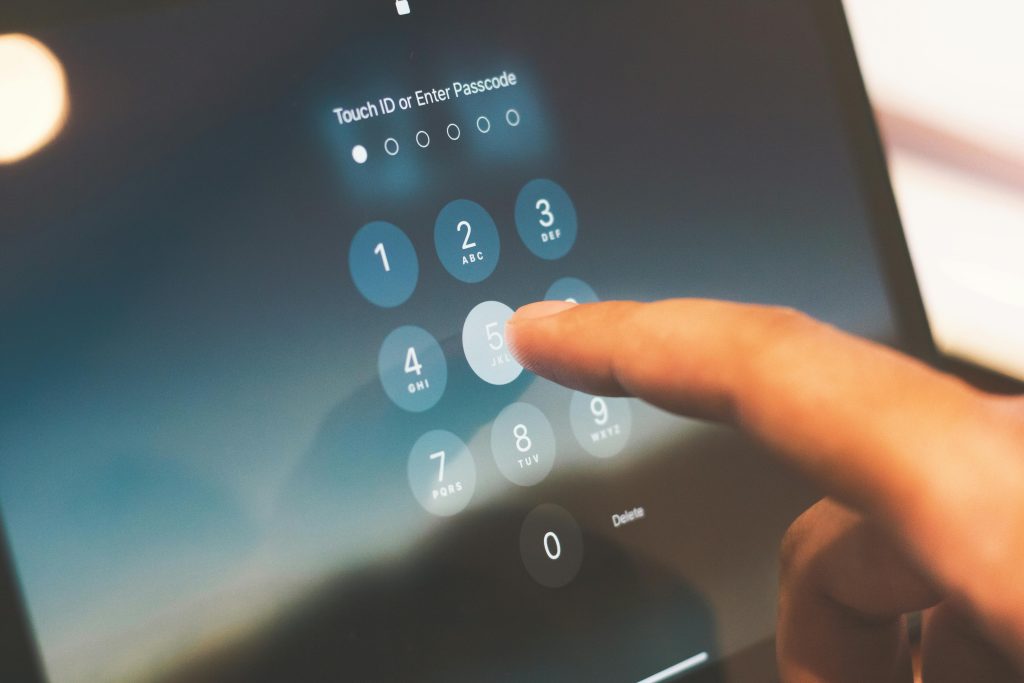Understanding the Impact of Recent Windows 11 Security Updates on Your Storage Devices
In the ever-evolving landscape of computer security and hardware compatibility, recent updates can sometimes lead to unforeseen issues, especially for users with diverse storage configurations. If you’ve recently updated Windows 11 and are concerned about the health and compatibility of your hard drives and SSDs, you’re not alone. Here’s a comprehensive overview to help you navigate these concerns and understand whether your storage devices might be affected.
Background: The Recent Windows 11 Security Update
Microsoft periodically releases security updates to enhance system integrity and protect against vulnerabilities. However, some updates have inadvertently caused compatibility issues, particularly with specific storage controllers and SSD models. Notably, certain updates have been linked to recognition problems or potential performance impacts on drives managed by particular controllers.
Assessing Your Drive Configuration
Based on your description, your setup includes:
- Kingston SNV3S200G 2TB SSD
- Samsung SSD 860 QVO 1TB (older SSD)
- Seagate ST1000DM010-2EP102 1TB HDD
- Western Digital Black SN770 2TB SSD
Connections:
– Two drives (Kingston and Samsung) connected via the motherboard (likely NVMe or SATA M.2 interfaces)
– The older HDD and WD SSD connected through standard SATA connections
Understanding Potential Risks
Given the circumstances—having performed the Windows 11 update after hardware replacements—it’s natural to worry about potential impacts on your drives. Recent reports from the tech community indicate that some security updates have caused issues such as drives not being properly recognized, reduced performance, or in rare cases, data access problems.
Specifically, concerns have been raised about drives connected through certain controllers, like Phison-controlled SSDs or specific motherboard chipsets. However, without detailed technical information or your hardware’s controller specifics, it’s challenging to determine precise impacts.
Key Considerations:
- Drive Compatibility: Most mainstream SSDs and HDDs are designed to be compatible with Windows updates, but certain controllers may be affected.
- Firmware Updates: Check if your drives and motherboard have the latest firmware, as manufacturers often release updates to mitigate compatibility issues.
- Backup Strategy: If you have critical data, consider creating backups when feasible, even if you can’t transfer everything to external storage immediately.
- System Recovery Options: While rolling back updates could be an option, it might involve restoring to a previous system restore point or uninstalling specific updates. Ensure you understand the process before proceeding.
Practical Advice
Share this content:



